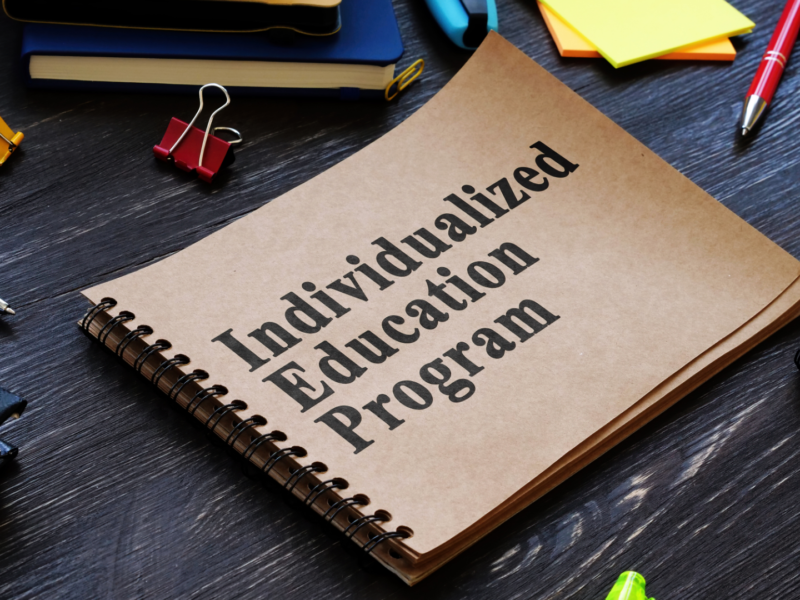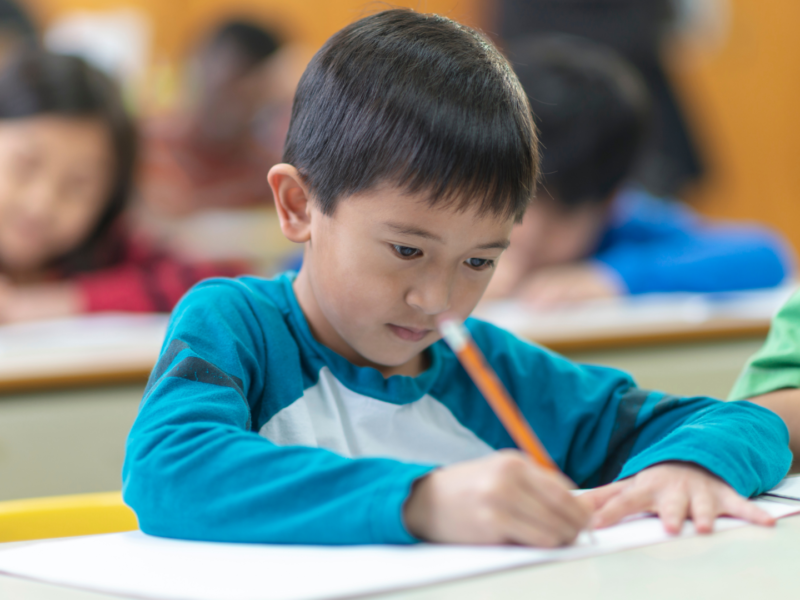Cerebrate Blog.
Explore strategies for skill development

8 Emotional Control IEP Goals to Support Student Success
Posted In Goals
Emotional control is a critical aspect of executive function that directly impacts a student’s ability to learn. Establishing emotional control IEP goals helps educators monitor student progress, adjust instruction, and implement effective classroom interventions for behavior problems. Below, we outline eight emotional control IEP goals that can support students in developing self-regulation skills, fostering emotional […]

Understanding Emotion Regulation and Executive Function in Young Students
Posted In Behaviors
Emotion regulation is a key component of a child’s ability to navigate social and academic environments. Many students in grades 1-4 struggle with emotional control, which can manifest in difficulty identifying their feelings, managing reactions, and handling worry. These challenges are directly linked to deficits in executive function skills. By implementing executive function instruction, teachers […]

Practicing Emotional Control: Executive Function Strategies for Elementary Classrooms
Posted In Application
Practicing emotional control is a critical component of teaching executive function skills in elementary classrooms. When students learn to manage their emotions effectively, they build resilience, strengthen their social skills, and improve their academic performance. As educators, we can embed executive function instruction into daily routines to help students develop self-regulation and emotional awareness. Below […]

How Emotional Control Impacts Student Behaviors in the Classroom
Posted In Behaviors
Student behaviors in the middle school classroom often provide critical insights into a student’s executive function learning needs. When students struggle to react in proportion to a problem, have difficulty calming down after feeling upset, or lack an understanding of what causes emotions, they may be experiencing an executive function skill deficit in emotional control. […]

